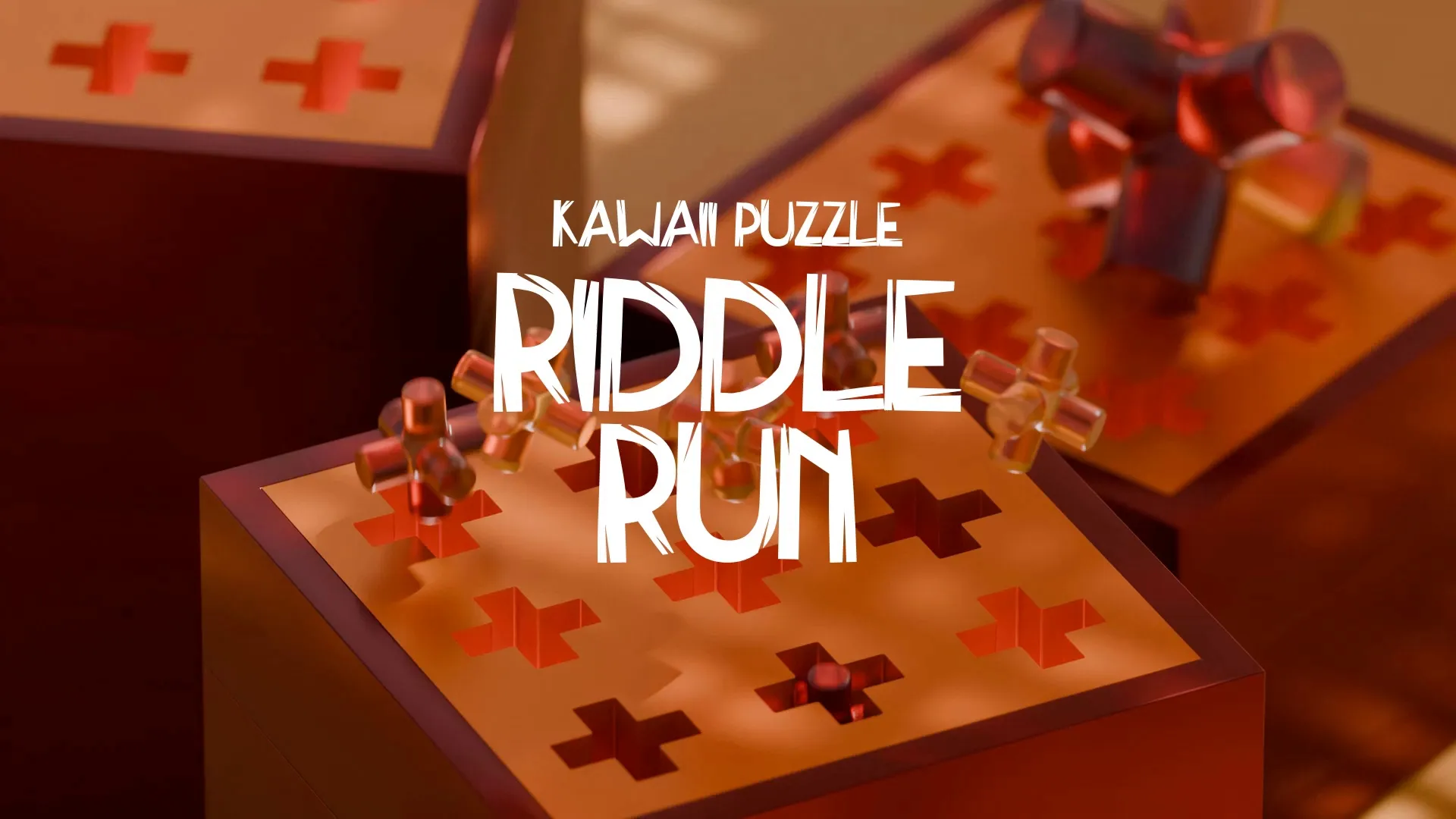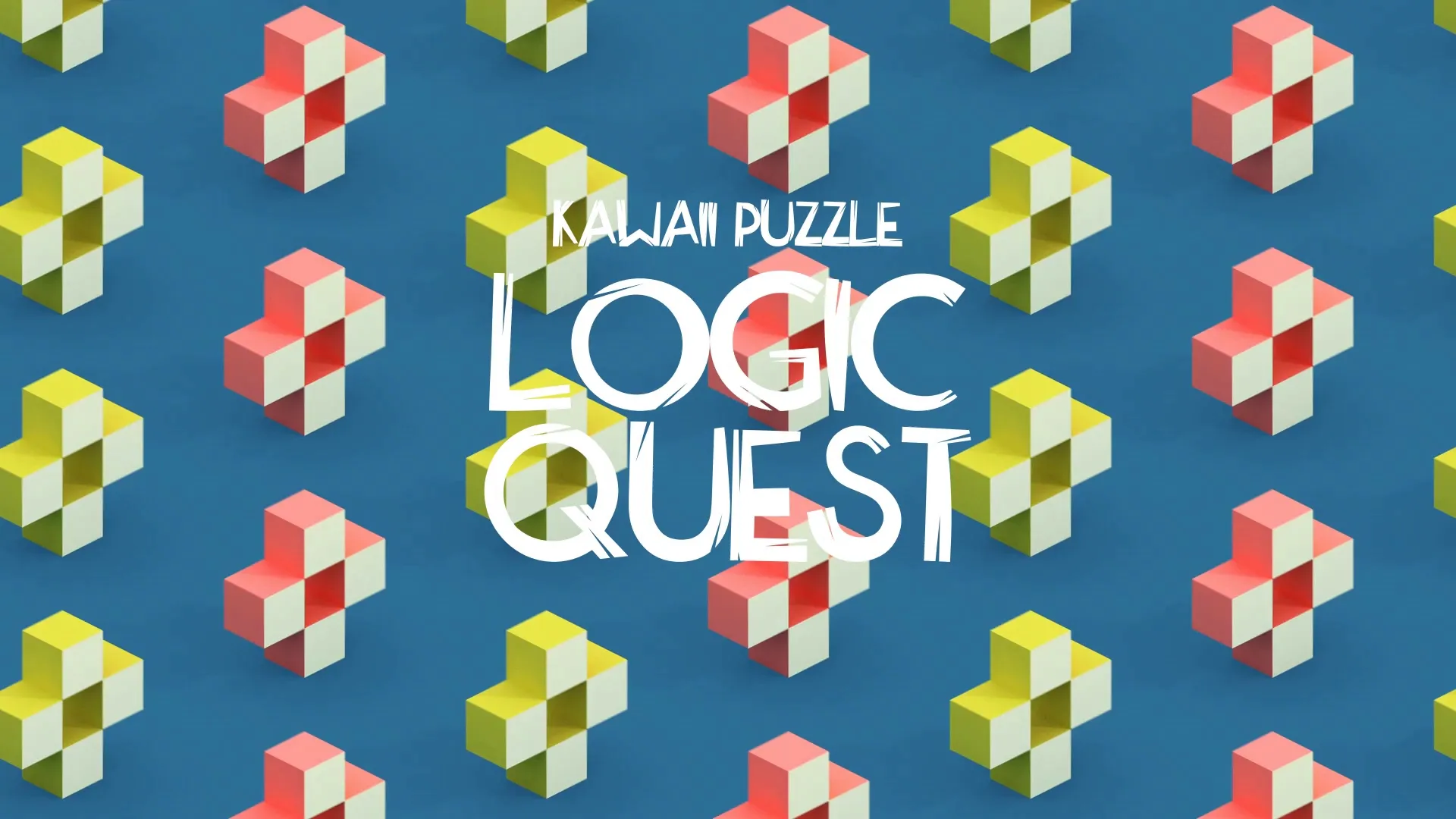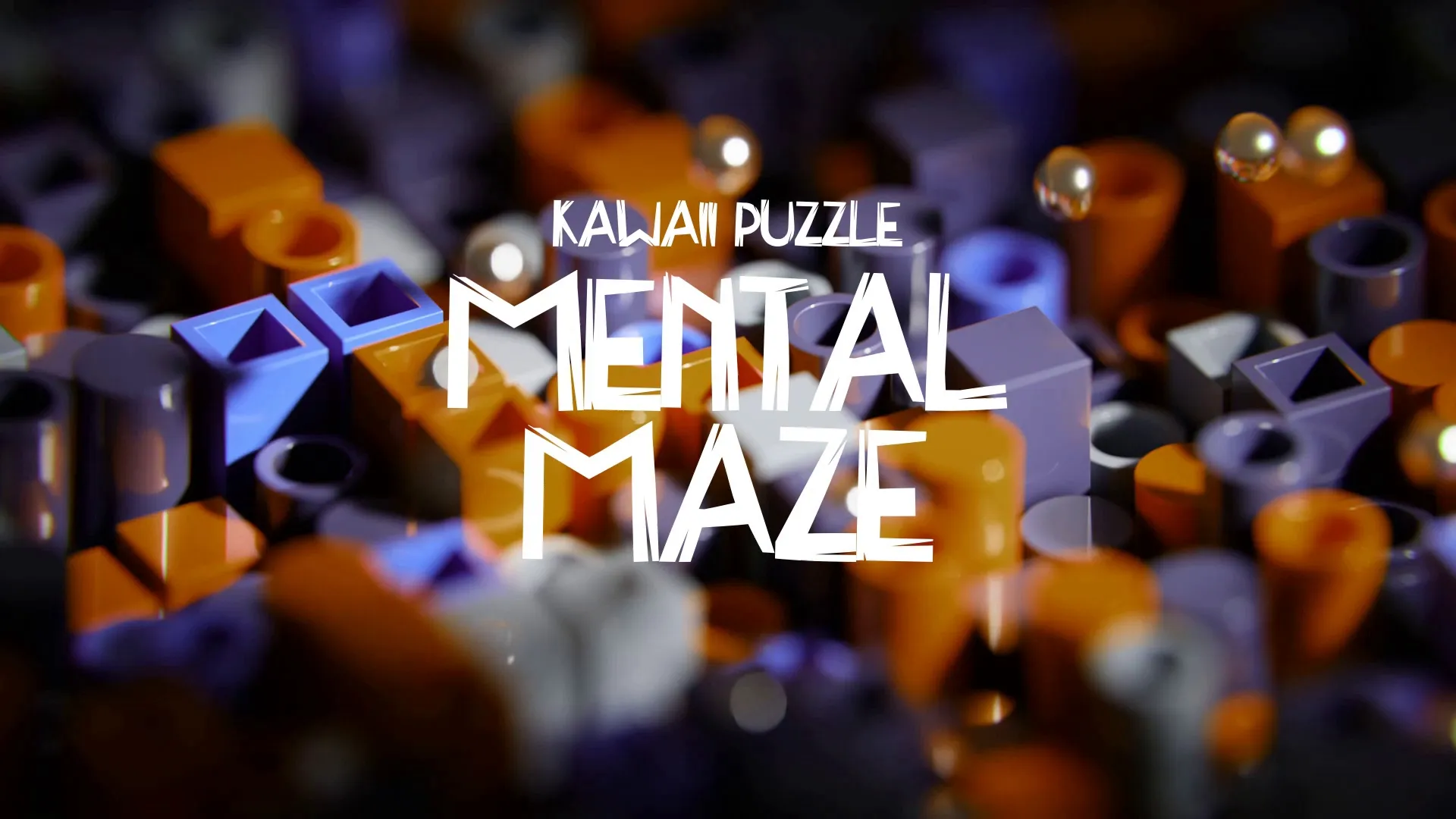Game Design Prototyping Tools: Accelerating Iteration for Indie Developers
Rapid iteration is the lifeblood of successful game development, especially for indie studios. Efficient prototyping tools are not a luxury; they are a necessity for quickly testing ideas and refining mechanics. Choosing the right tools can drastically reduce development time and prevent costly rework. This guide explores essential game design prototyping tools that accelerate your iteration cycle.
The Need for Speed: Why Rapid Prototyping Matters
Game development is an iterative process of ideation, creation, testing, and refinement. Rapid prototyping allows developers to quickly build playable versions of core mechanics or entire game loops. This process helps validate concepts early, identify flaws, and gather feedback before significant resources are committed. For indie developers with limited time and budget, this efficiency is paramount.
Digital Whiteboards and Collaborative Design Tools
Before writing any code, visual planning is crucial. Tools like Miro or Figma can serve as digital whiteboards for brainstorming, flowcharts, and basic UI mockups. They facilitate collaborative design, allowing teams to visualize game structures and user flows effectively. These tools are excellent for mapping out initial concepts and ensuring everyone is aligned on the design direction.
Visual Scripting and Low-Code Environments
For developers who want to get a playable prototype without deep coding, visual scripting languages are invaluable. Unity’s Bolt or Unreal Engine’s Blueprints allow designers to create complex logic using nodes and connections. These environments bridge the gap between design and implementation, enabling quick functional prototypes. They empower designers to directly experiment with gameplay mechanics. If you’re weighing your engine options, consider reading Unity vs. Unreal vs. Godot: Choosing Your Engine in 2025 to understand which platform might best suit your prototyping needs.
Specialized Prototyping Software
Beyond general-purpose engines, some tools are built specifically for rapid game prototyping. GameMaker Studio 2, Construct 3, and Godot Engine are examples that offer streamlined workflows for specific game types. These engines often provide built-in functionalities that accelerate common game mechanics development. They allow developers to focus on unique gameplay elements rather than boilerplate code.
Simple Game Engines for Quick Development
Engines like PICO-8 or Bitsy are designed for extreme constraints, forcing simplicity and rapid development. While limited in scope, they are perfect for prototyping core gameplay loops or experimenting with minimalist aesthetics. Using these engines can quickly reveal if a core concept is fun before scaling up to a more complex environment. They are ideal for game jams or short experimental projects.
Choosing the Right Tool for Your Project
The ‘best’ prototyping tool depends entirely on your project’s needs and your team’s skills. Consider the complexity of the mechanics you need to test, the visual fidelity required, and your team’s familiarity with various software. A simple 2D platformer prototype might thrive in Construct 3, while a complex 3D combat system might necessitate Unreal Engine’s Blueprints. Always prioritize speed and ease of iteration over graphical polish at this stage.
Common Pitfalls and How to Avoid Them
One common pitfall is over-engineering the prototype. The goal is to test a hypothesis, not build a polished demo. Resist the urge to add unnecessary features or polish graphics. Another mistake is failing to define clear goals for the prototype. Before starting, know exactly what question you are trying to answer with your prototype. Finally, don’t get stuck in ‘prototype hell.’ Set a strict time limit for each iteration and move on once you have gathered sufficient data. To keep your prototyping efforts organized and on track, consider using a dedicated task tracker like Momentum. It helps maintain focus and ensures consistent progress from concept to playable prototype.
Conclusion
Effective game design prototyping tools are indispensable for indie developers aiming to build, design, and ship games faster. By leveraging visual scripting, low-code environments, and specialized engines, you can accelerate your iteration cycle and refine your game ideas efficiently. Focus on validating core mechanics quickly, avoid over-engineering, and always maintain a clear objective for each prototype. This disciplined approach will save time, reduce costs, and ultimately lead to a more polished and enjoyable final product.
.webp)





.webp)
















